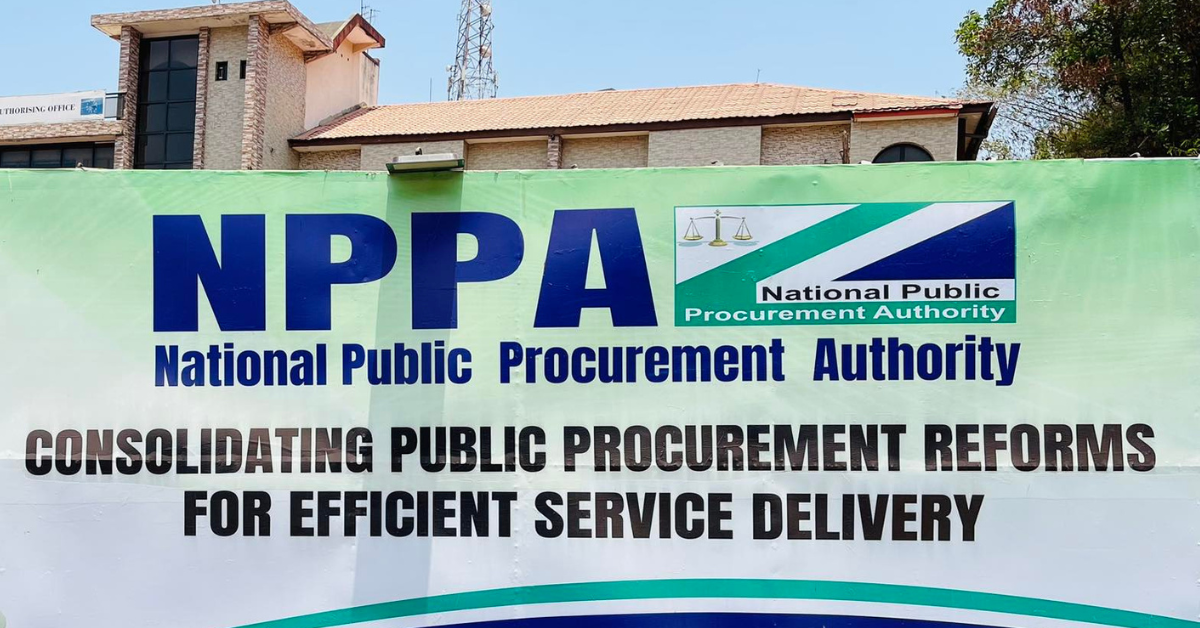The National Public Procurement Authority (NPPA) has published a detailed four-year review of public procurement practices in Sierra Leone, covering the period from 2020 to 2023. The report highlights significant concerns, indicating that while strides toward reform are being made, the system remains hindered by outdated habits and systemic weaknesses.
Mandated by the Public Procurement Act of 2016, the NPPA’s annual compliance reports serve as the country’s most comprehensive tool for evaluating the transparency, efficiency, and legality of procurement activities. The four reports analyzed over 25,000 procurement transactions worth trillions of Leones, revealing a troubling reliance on non-competitive methods such as Request for Quotations (RFQ) and sole sourcing. In some years, these methods accounted for over 90% of procurement activities, often violating spending thresholds and undermining fair competition.
In 2023, more than 4,400 transactions utilized non-competitive methods, while only 801 adhered to competitive bidding procedures like International Competitive Bidding (ICB) and National Competitive Bidding (NCB). Despite an increase in the preparation of procurement plans, execution remains inadequate; only 30% of planned activities were implemented in 2023, a slight improvement from 18% in 2020, leading to billions in off-plan spending.
According to the Exclusive Newspaper, NPPA noted that though over 90% of institutions had established procurement units by 2023, many lacked trained personnel and essential resources. In 2022, 23% of entities had no contract register, and 14% lacked access to basic legal tools. Notably, several institutions, including the Ministry of Health, failed to submit procurement data in multiple years, despite legal requirements.
Encouragingly, the value of competitive procurement reached Le 14.14 billion in 2023, the highest on record. The NPPA has also expanded its oversight and launched the Electronic Government Procurement (E-GP) platform to digitize processes and reduce corruption risk.
The NPPA is advocating for urgent reforms, including sanctions for non-compliance, linking budget disbursements to approved procurement plans, and enhancing the E-GP platform. NPPA CEO Fodie J. Konneh emphasized the importance of using taxpayers’ money effectively to deliver essential services. Citizens, civil society groups, and the media are urged to demand transparency and report any irregularities.












NPPA sef get problem. Bo for four good years?
and den get mind back for tok am.